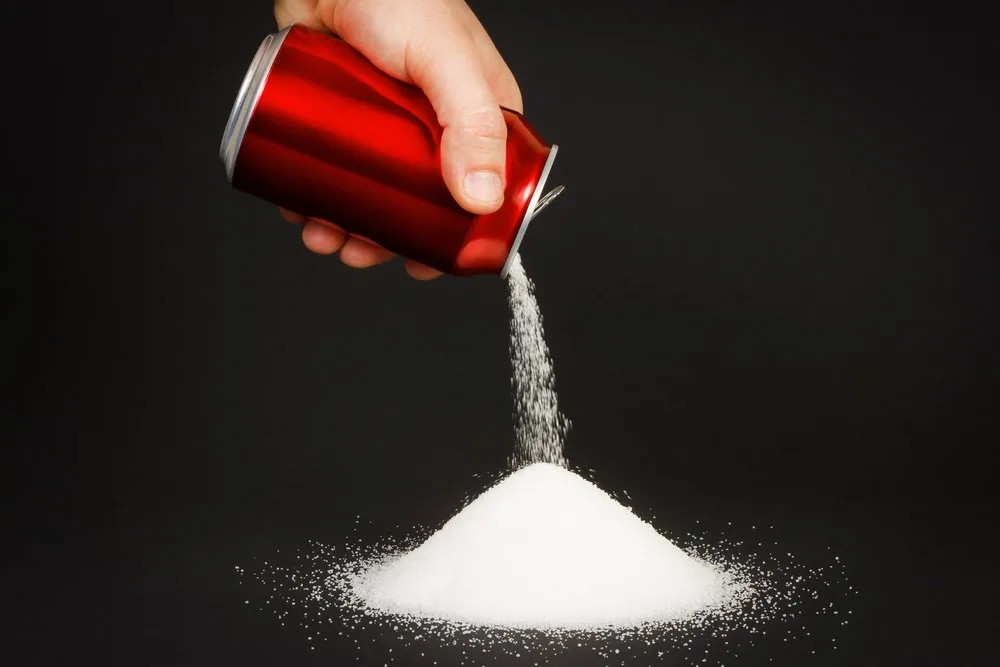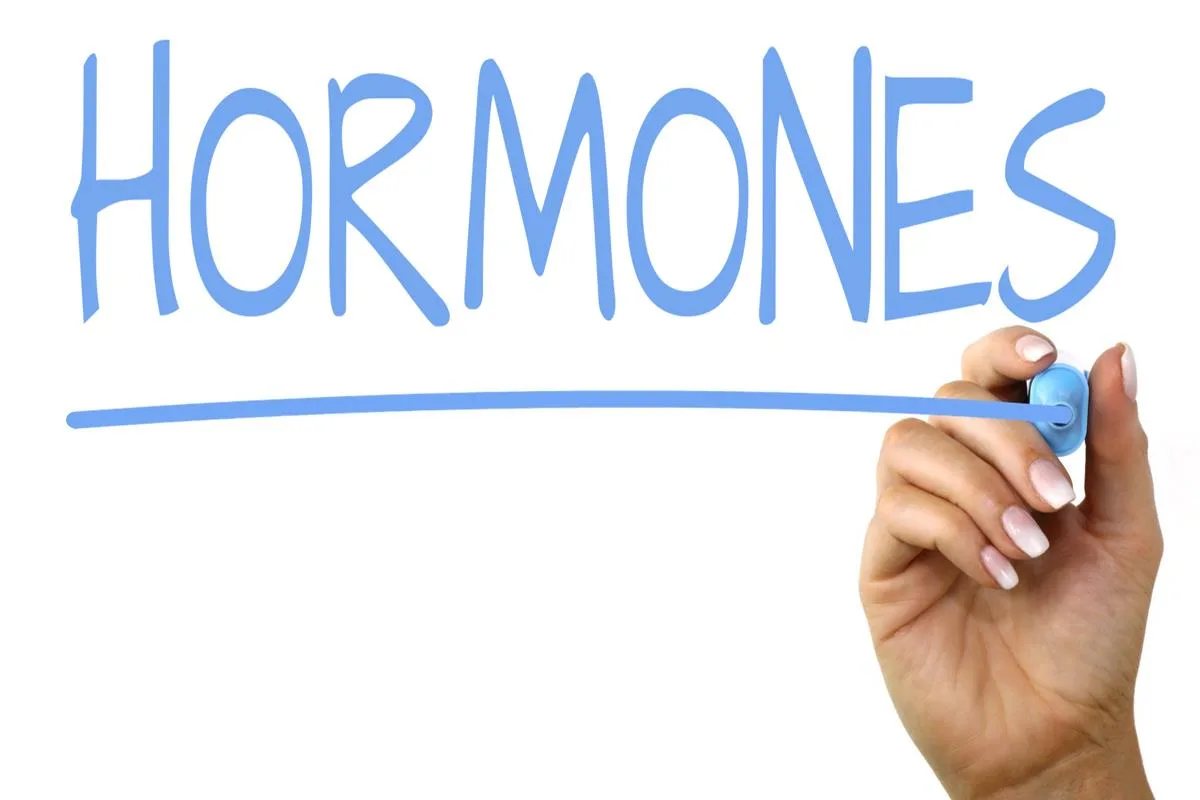The endocrine system is responsible for regulating hormones in the body that play a significant role when it comes to certain bodily functions that include growth, sleep, metabolism, and hunger. For instance, PCOS is a common hormonal disorder that affects around 1.5 million women and it is characterised by menstrual irregularities, excess hair growth, acne and obesity.
It’s clear that any disruption to your hormones can result in a number of health issues, which is why it’s important to keep your hormones balanced so that you can keep your body healthy.
What factors can disrupt your hormones? Well, poor sleep, poor diet, gut issues, being overweight or obese, high-stress levels as well as chronic inflammation can each play a role when it comes to hormonal disruption. So, if you find yourself battling with weight gain or weight loss, depression, irregular menstrual cycles, digestive issues, low libido, insomnia, and/or hair loss, then you may need to balance your hormones
How to Naturally Balance Your Hormone
1. Stay active and exercise

Photo by andrew dinh on Unsplash
We all know that exercise is good for the body and the soul, and that may be because it can benefit hormonal health. Exercise can help regulate hormones like insulin, cortisol, as well as thyroid and sex hormones.
So which exercises are great for your hormones? Both yoga and pilates have been found to help with hormonal imbalance, as well as relive PCOS symptoms.
2. Prioritise your gut
Poor gut health can have drastic effects on your health, and this may be linked to the way that your gut can influence your hormonal health.
Dysbiosis is a term used to describe the imbalance of good and bad bacteria in the gut and research has found that women with PCOS have dysbiosis and less diverse gut bacteria than women without PCOS, which in turn can worsen their symptoms.
If you want to support your gut health, then you can do so by eating more fiber, incorporating both probiotics and prebiotics into your diet, avoiding processed foods and sugar and getting enough sleep.
3. Cut back on sugar
As sweet as it is, added sugar is really not good for us. For example, a study published in Biomedicines found that eating too much fructose (a type of sugar) can trigger gut dysbiosis, which in turn, can lead to hormonal imbalance.

Evan Lorne/Shutterstoc
What’s more, added sugar can also disrupt insulin levels and cause spikes, which in turn can lead to a number of hormonal issues that include the overproduction of testosterone and estrogen excess. High levels of testosterone can lead to facial hair and acne, whereas estrogen excess can cause sore breasts, fibroids, and heavy menses (1).
If you want to cut back on added sugar, the American Heart Association recommends that you avoid soda, toss out the table sugar, and that you always read food labels.
4. Manage your stress
Cortisol is a hormone that the body releases to help it manage stress. However, chronic stress can lead to high levels of cortisol which can then increase the risk of hormonal imbalance because evaluated cortisol levels increase your cravings for sugary foods, which we know can lead to hormonal imbalance.
What’s more, elevate cortisol can lower estrogen levels and this can then worsen the symptoms of hormonal imbalances such as night sweats and mood swings.
If you’re struggling with high-stress levels, yoga, mindfulness, gardening, journaling, and reading are all great ways to manage those stress levels.
5. Eat healthy fats
Not all fats are bad and some of them are exactly what you need to keep your hormones happy.
Healthy fats found in olive oil, avocados, almonds, and fatty fish contain anti-inflammatory properties and as such can then help increase insulin sensitivity.

Photo by We-Vibe WOW Tech on Unsplash
6. Get enough high quality sleep
Poor sleep can cause hormonal disruption, affecting hormones such as insulin and cortisol, and this in turn, can cause health issues.
For example, a study published in The Journal of Clinical Endocrinology and Metabolism revealed that sleep restrictions affected insulin sensitivity. Additional studies have also found that sleep deprivation can disrupt your appetite by increasing ghrelin and decreasing leptin levels. The gherkin hormone is responsible for stimulating appetite whereas the leptin hormone helps to keep you satiated.
If you want to maintain your hormonal health, then it’s best to get at least 7 hours of quality sleep per night. If you’re struggling, might we recommend essential oils or adopting a new bedtime routine?
Want to know more?
Whether or not you’re focused on your hormones, everybody starting from their early twenties must know how to handle changing hormones. So, here’s more on changing hormones and how to tackle them.
References
- https://hormonewellnessmd.com/womens-health/blood-sugar
- https://www.scientificamerican.com/article/why-do-we-crave-sweets-when-were-stressed/
- https://rockvilleobgyn.com/blog/the-connection-between-stress-your-hormones/
- Cheng, W. L., Li, S. J., Lee, T. I., Lee, T. W., Chung, C. C., Kao, Y. H., & Chen, Y. J. (2021). Sugar Fructose Triggers Gut Dysbiosis and Metabolic Inflammation with Cardiac Arrhythmogenesis. Biomedicines, 9(7), 728. https://doi.org/10.3390/biomedicines9070728
- Kelley ST, Skarra DV, Rivera AJ, Thackray VG (2016) The Gut Microbiome Is Altered in a Letrozole-Induced Mouse Model of Polycystic Ovary Syndrome. PLOS ONE 11(1): e0146509. https://doi.org/10.1371/journal.pone.0146509
- Rao, M. N., Neylan, T. C., Grunfeld, C., Mulligan, K., Schambelan, M., & Schwarz, J. M. (2015). Subchronic sleep restriction causes tissue-specific insulin resistance. The Journal of clinical endocrinology and metabolism, 100(4), 1664–1671. https://doi.org/10.1210/jc.2014-391



![women [longevity live]](https://longevitylive.com/wp-content/uploads/2020/01/photo-of-women-walking-down-the-street-1116984-100x100.jpg)










